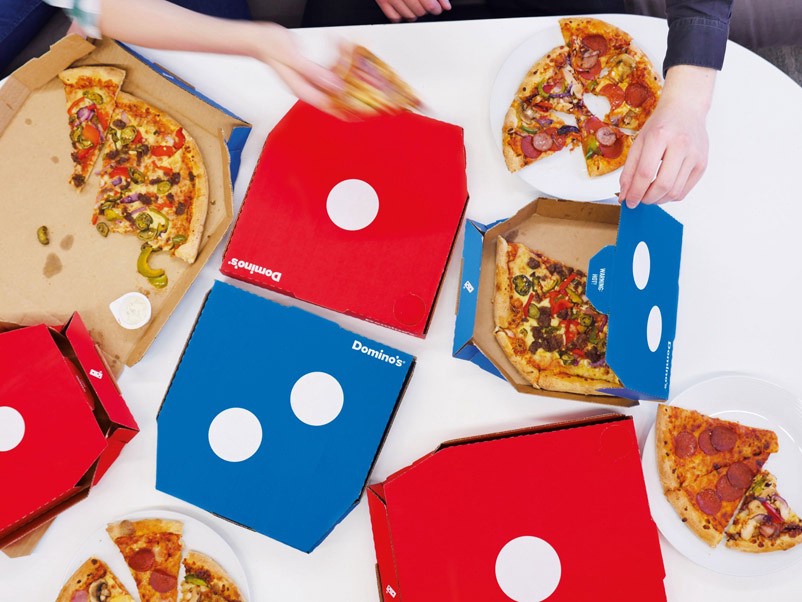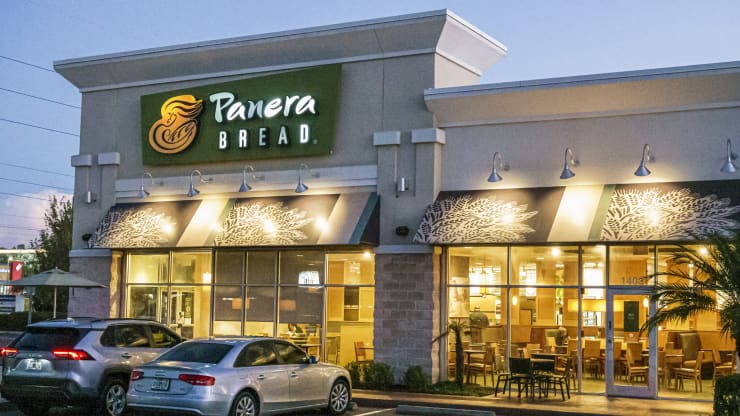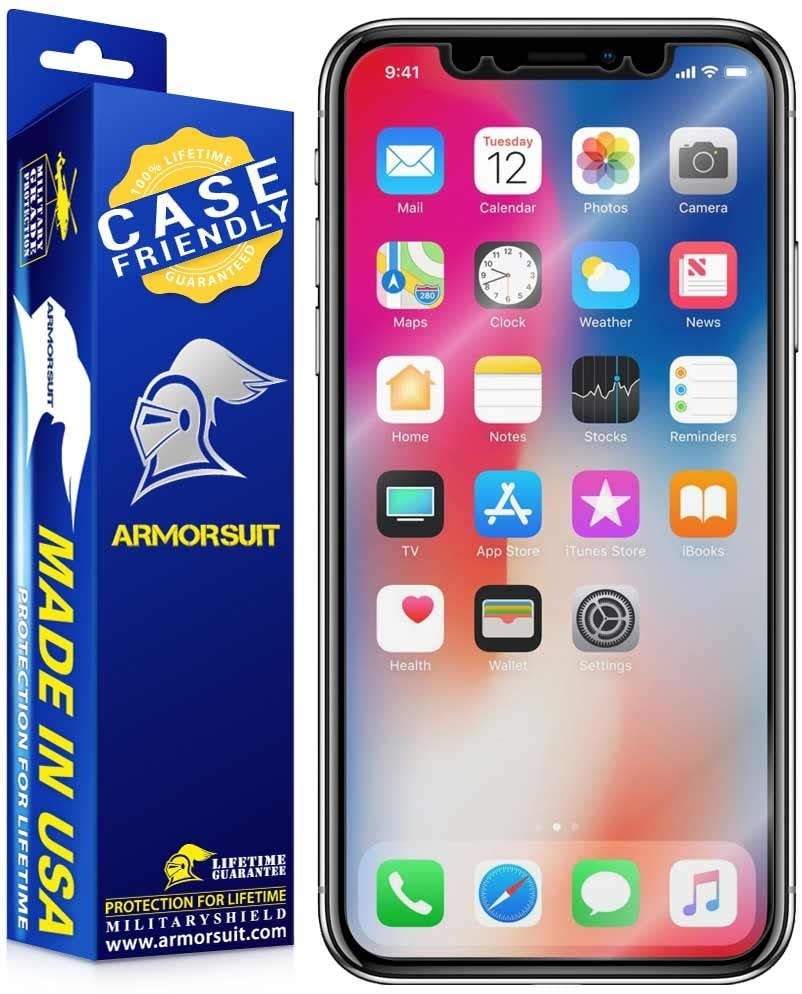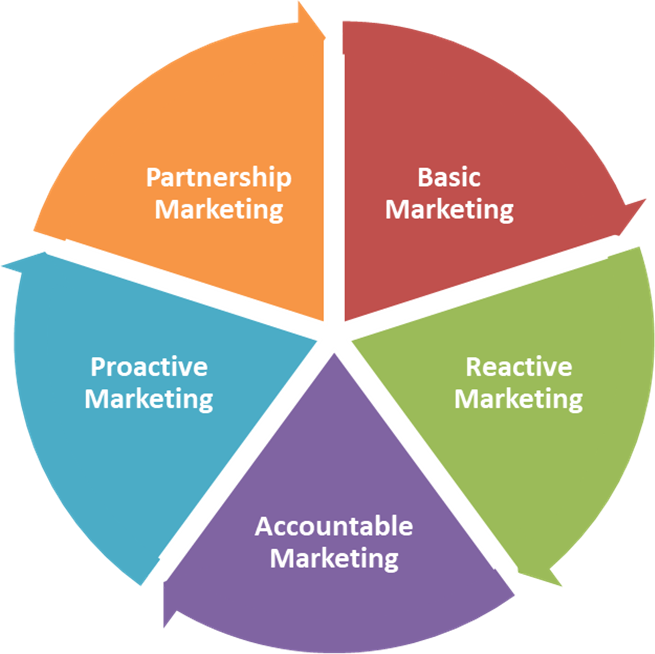Now that 2021 is over, how are you planning to upgrade your B2B customer experience? With myriad studies highlighting the importance of customer retention, building a relationship with customers has never been more important.
Today, 49% of consumers are willing to pay more with brands that offer personalized experiences. If you add bonus features, buyers are happy to spend an average of 13% more for a better experience. Frederick Reichheld of Bain & Company found as little as a 5% increase in company revenue by 25-90%. No matter if you’re in a team or leading a scaling conglomerate, you can develop a deeper relationship with existing audiences without bearing typical costs associated with gaining new customers.
What is Relationship Marketing?
Let’s understand with a simple example. Imagine you’ve connected with new customers. How do you plan on keeping them content and wanting to come back? And how do you get them to tell all their friends about you? In layman’s language, relationship marketing builds a better relationship between you and your customers.
Relationship marketing is a special feature of customer relationship management focused on building consumer loyalty and stronger relationships rather than short user acquisition and independent sales. With customer relationship marketing, you can create strong, emotional connections with a brand leading to ongoing business, free promotion and information from customers generating leads. Consumers may engage with your brand, but without a strong relationship marketing strategy, they may not come back to the brand in the future.
Let’s look at some examples and the tactics to make this strategy work in the modern world.
Marriott
There’s no doubt a 35-minute film is not a hotel’s first choice when it wants to increase sales- and yet that’s what Marriot did with their film, “Two Bellmen Three”.

Through this film, Marriott targeted a younger demographic and amplified brand awareness on platforms like Snapchat. Their content hardly ever resembles an advertisement and focuses on providing an audience with fun or helpful information on various travel destinations.
Domino’s
In the past couple of years, Domino’s has taken its share of risks for innovation and improvement, including a series of ads called Pizza Turnaround. Before promising a new and improved recipe, they showcase a series of negative customer reviews, read by real dominos employees.

While these ads go against any traditional sales playbook, they appeal to the viewers. Additionally, Domino’s has conducted other genius marketing campaigns like the Domino’s wedding registry, where “soon-to-be-married” couples create their pizza registry and avoid the Noid. In addition, the company partnered with every state in the US to repair potholes to protect pizzas from being damaged.
Ultimately, relationship marketing led Dominos to cultivate reliable and long-term customer relationships. They accepted short-term losses for long term gains by strategically re-inventing their product and brand while engaging with customers on their favourite digital platforms.
Capital One
Capital One recognizes customers’ problems deep enough to the point of their small inconveniences. One of such problems is the long TSA line at the airport.

Capital One compensates with venture cardholders a maximum of $100 when they pay the TSA Precheck amount. Then, all customers have to do is pay the amount with a Capital One credit card.
Capital One PreCheck lapses after five years so that a cardholder can benefit and renew your PreCheck status. This benefit speaks to relevant pain points for Capital One customers and makes keeping an account with Capital One over a long haul.
Panera
Panera’s dedication to health and convenience has resulted in 40 million Panera loyalty members.

In 2014, Panera issued a statement assuring its customers would withdraw artificial flavours, sweeteners and preservatives from various Panera products in 2016. Panera remained transparent throughout the process, publishing progress reports to demonstrate accountability and transparency to its customers. While it was a risky decision to admit they’d like previously integrated ingredients in their food, what’s business without risks?
In addition, the brand continues to focus on building stronger bonds with its customers through personalization. For instance, Panera alerts loyalty members about new food offerings that will meet the member’s “flavour profile” based on past purchases.
The company also meets its customers- starting an online grocery business due to the Covid-19 pandemic. Panera even offers home and business delivery, rapid pickup and catering efforts to serve customers better.
Armour Suit
The warranty policies of Armor Suit says- “Most warranties limit to 30 days or 365 days, but with a different lifetime Replacement Warranty, their customers request for a replacement screen protector for a lifetime.

This way, you never need to purchase a whole new kit- a phrase you’ll likely never hear in traditional sales transactions. Armorsuit lifetime warranty shows the company’s loyal commitment to satisfying its customers. While it may seem ridiculous to many, a lifetime warranty helps build strong relationships with Armor Suit’s customers. For example, when active users need other tech products or services, they’ll most likely choose Armour Suit.
What Are Different Types of Relationship Marketing?
Relationship marketing works effectively through the combined efforts of its components. Here are the different types of relationship marketing that you can benefit from:
Customer Service
It is a crucial element of marketing and sales. Relationship marketing pays attention to the functioning service departments of organizations. These service departments operate to solve customer problems and serve them better. Attempts are made by relationship marketing to enhance the business’s internal operations to provide better customer service.
Email Marketing
Email marketing is an effective tool for reaching out to target audiences by the business. A promotional message containing details about products or services to be promoted to the maid ids of customers. Companies need to ensure that the right information is shared at the right time and with different people. People will be interested in a particular brand if they receive relevant interest promotions.
Word-of-Mouth
Word-of-mouth is a promotion initiated from the consumer to acquaintances regarding brand products. It is a free type of advertising triggered by customers’ experiences developed over their long-term relationship with the brand.
This marketing is one of the most popular tools as it encourages others to buy brand products as consumers easily trust their friends.
Content Marketing
Content gives all information regarding features of a product, advertisement, and offers intended to attract target customers. Content marketing refers to sharing all this information for free before making sales that foster desired relationships. This information is great for customers in assisting brands while making a purchase decision.
Building Customer Awareness
When you provide valuable information to customers, it builds trust and reliability. Efforts are made to strengthen customers by making them aware of market information. It’s an effective way of building better relationships by giving them valuable information instead of selling the products.
What Are The Different Levels of Relationship Marketing?

Relationship marketing has five different levels. Each level represents a distinct stage of marketing. Let’s understand these stages further:
Basic Marketing
Basic marketing is the beginning phase of relationship marketing focal on acquiring clients and providing them guidance throughout their sales journey.
Reactive Marketing
Reactive marketing is the next step where a company receives responses through various channels like customer feedback after making sales.
Accountable Marketing
This step is an expanded version of reactive marketing. Here the company tries to connect with customers to take their suggestions while improving their experience.
Proactive Marketing
Proactive marketing is a stage where businesses make efforts to enhance the quality of their products and services. After they take suggestions from customers, companies work on them to offer the best experience.
Partnership Marketing
In this stage of relationship marketing, businesses improve customer experience similar to proactive marketing. In addition, the business tries to collaborate with other businesses to improve its products and services.
How Can You Make Use of Relationship Marketing?
Now that you’ve taken cues from various brands on relationship marketing, you understand how important it is for your business to connect with your customer better. So, let’s explore how you can create a strong relationship marketing strategy for your own business.
Provide Personalized, Customer-Focused Service
When you integrate a relationship marketing strategy to engage with your customers, your primary focus should not be on your product or service. But your concerns should always target user problems- Would customers want to see this ad? Would this piece of content excite the customers?
In addition, you must create channels of direct support when your customers need help. For example, perhaps you implement Facebook messaging Bot for customer concerns. By meeting your customers on platforms they use most, you’re proving a willingness to help them despite the inconvenience it might require for your overall business process.
Engage with Customers
Marriott’s strategy works because of the content they create and where they post that content. For example, making videos for Snapchat qualifies Marriott to appeal to a younger demographic on a youth-centric, popular platform.
When you reach out to customers through their preferred channels, you’re demonstrating a level of helpfulness and understanding that encourages users to interact with your brand.
Integrate Technology For Efficient Work
While tech might seem implausible to develop organic relationships that are customized, it can be the key to solving customer pain points. As your organization expands, it’ll increasingly become difficult to connect one-on-one with each customer.
When you use automated tools, you ensure that customers receive communication from your business and simplify your workflows.
Create Valuable Content
If a customer has already purchased your product, he wouldn’t want to view the product’s ad -instead, he would need to feel that your business offers worth regardless of the product intent.
For example, Marriott’s film does not immediately convert a viewer into a loyal customer. Instead, it increases brand awareness, so when a viewer books a hotel for an upcoming trip, they’ll remember the captivating film they saw once and think of Marriott.
Collect Feedback Regularly
Relationship marketing works two ways- to truly develop a meaningful connection with your customers, you must ask them for feedback. What do they want to see from your brand? What do they like about your service or product? What do they wish you wrote about on your blog?
This information improves your relationship marketing strategy to fit the needs of your specific customers best.
Why Should You Integrate Relationship Marketing in Your Business?
While traditional marketing works toward short-term goals like customer acquisition and one-time sales, relationship marketing is different. It builds relationships by emphasizing customer retention and satisfaction level. Here’s why you should use relationship marketing strategies if you haven’t yet:
Reduces Marketing Expenses
Relationship marketing enables companies to lower their cost of acquiring customers. Relationship marketing requires huge expenses to run wide advertising campaigns for acquiring new customers. This type of marketing allows you to retain customers for the long term by offering quality services.
Long-Term Customer Retention
Relationship marketing enables businesses to retain consumers by serving them in effective ways. It aims to provide better client satisfaction rather than focus on customer acquisition. Customer relationship management improves the overall experience with your brand, so customers stay for a longer period.
Sustainability for Your Brand
It provides sustainability to your overall brand growth by facilitating consistent sales. With relationship marketing, you regulate the profitability of an organization by holding customers for a longer period. It aims at offering a personal touch to customers for regular purchases with their brand and does not make frequent shifts to other brands.
Competitive Edge
Relationship marketing is a powerful tool that enables firms to gain a competitive edge. It ensures the information is honestly communicated to clients to develop stronger relationships and provide them with better quality services to help your brand develop a distinct image in the market.
Now What?
While quick marketing wins will alleviate your KPIs each quarter, you need a steadfast marketing strategy that works much better together in the long run. For example, relationship marketing won’t score you consistent wins but, you’ll be offering value to happier customers and building loyal relationships in the years to come.
